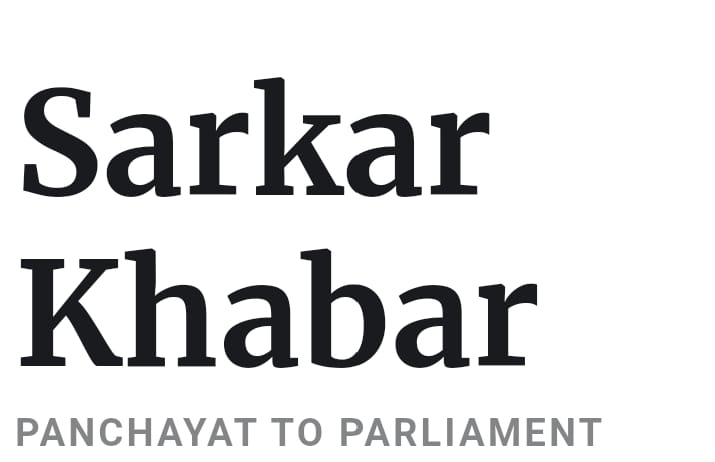
IPC’s Iconic Section 420 Replaced by Bharatiya Nyaya Sanhita
New Delhi, 1st July 2024: Following the replacement of the Indian Penal Code (IPC) with the Bharatiya Nyaya Sanhita (BNS) in 2023, a user on social media humorously remarked, “Now so-and-so is no longer 420, they have become 318,” alluding to the revised penal section for dishonest cheating.
Section 420, perhaps the most well-known provision of the IPC, ceased to exist on Monday (July 1), marking the end of its 164-year tenure since the IPC’s inception in 1860.
Reflecting on the change, the user noted that even proverbs would need updating, highlighting Section 420’s widespread use not only in legal contexts but also in everyday conversations for its humorous and metaphorical implications.
Senior advocate and MP Mahesh Jethmalani also expressed nostalgia for aspects of the IPC, particularly Section 420, which he described as deeply ingrained in legal practice and popular culture. He reminisced during a debate in the Rajya Sabha, acknowledging the provision’s impact beyond its legal application.
Section 420’s legacy extended beyond law and justice, permeating Indian culture and language, often used colloquially to describe cunning or deceitful behaviour, and even referenced in Bollywood films like “Shree 420” starring Raj Kapoor and the remake “Chachi 420” featuring Kamal Haasan.
Introduced under colonial rule to combat fraud and deception, Section 420 became a fixture in addressing various cases of cheating and forgery over the decades.
While its retirement signifies a shift to the new legal framework, Section 420’s cultural resonance may endure, prompting reflections on whether future references to “318” will evoke the same cultural nostalgia in Bollywood and everyday conversation.














